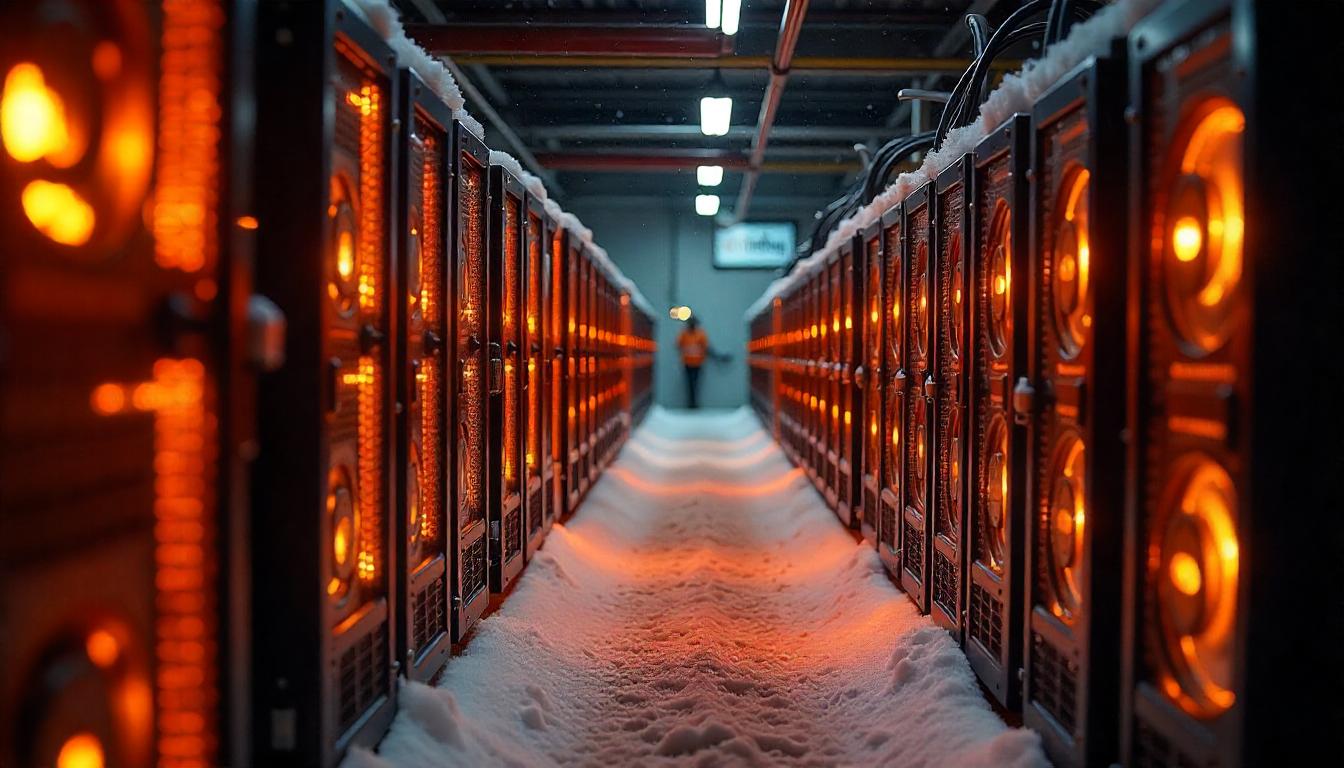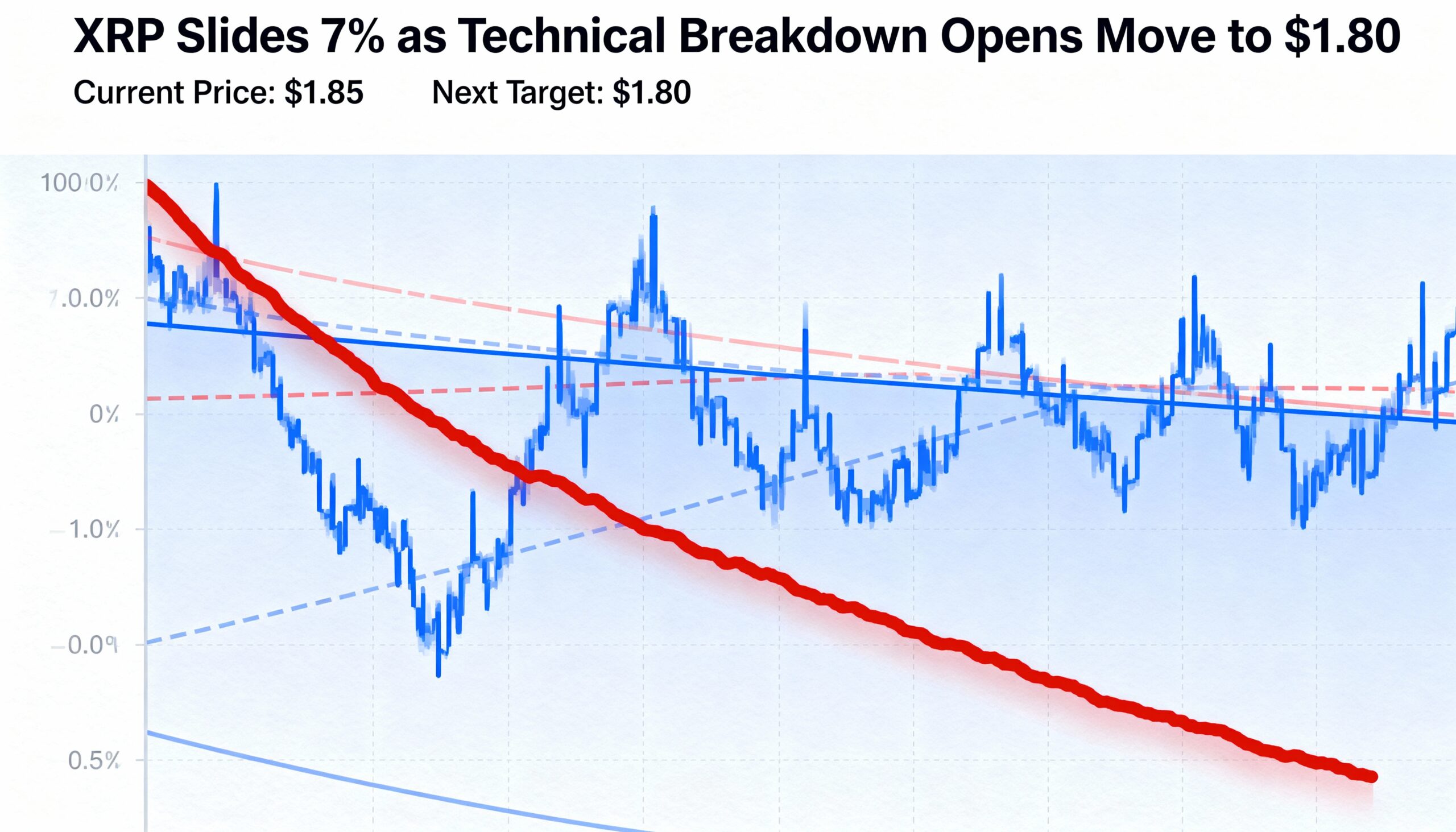Public Miners Ramp Up as Bitcoin Mining Costs Climb Amid Hashrate Surge
Bitcoin’s mining ecosystem is entering a new phase of intensity as the network’s hashrate nears the zetahash benchmark, tightening profitability for miners despite a steady BTC price around $107,000, according to TheMinerMag’s June analysis.
The network’s mining difficulty hit a record 126.98 trillion, driven by a 14-day average hashrate of 913.54 EH/s. At the same time, miners saw revenue shrink: transaction fees accounted for less than 1% of block rewards, and hashprice sank to $52 per PH/s before modestly recovering.
Soaring energy costs and hashrate competition are pushing average production costs above $70,000 per BTC, up from $64,000 earlier this year. In response, public miners are racing to scale. MARA Holdings expanded its hashrate 30% in May, HIVE surged 32% after activating its Paraguay facility, and Cipher Mining is planning a 70% increase through its Texas operations.
The cost of top-tier ASICs now ranges from $10 to $30 per TH, and payback periods are stretching up to two years—assuming access to electricity at $0.06/kWh. Companies like Terawulf, paying $0.081/kWh in Q1, are experiencing rising hashcosts that threaten competitiveness.
Investor behavior is also evolving. While Bitcoin’s price has remained stable, mining stocks have diverged. IREN, Core Scientific, and Bit Digital saw positive movement last month, whereas Canaan and Bitfarms recorded double-digit losses.
This shift suggests that markets are focusing more on operational performance than Bitcoin’s market price.





